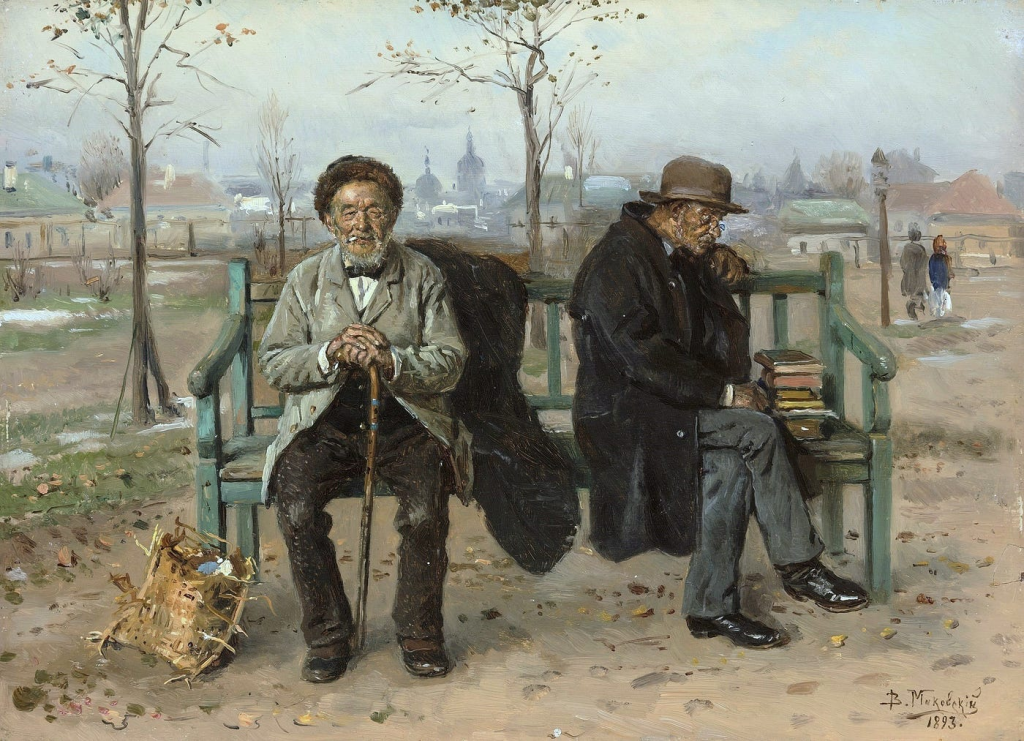Optimism isn’t just a feel-good filter — it’s a survival mechanism. It’s the fire that keeps you walking when everything tells you to sit down. It’s not blind hope or toxic positivity. It’s the belief that life can still surprise you — even after it’s broken your heart.
In a world that rewards cynicism, optimism is often misunderstood. But science, psychology, and human experience all point to one truth: those who hold onto light — even in the dark — tend to live fuller, stronger, longer lives. Here are 12 reasons why optimism is one of the most powerful tools we have.
1. Optimism Improves Physical Health
Studies from the Harvard School of Public Health show that optimistic people are less likely to suffer from heart disease, stroke, or chronic inflammation. Why? Because stress damages the body, and optimism counters it like a built-in shield.
2. It Strengthens Mental Resilience
When the worst happens, pessimists crumble. Optimists reframe. That doesn’t mean they deny reality — it means they look for solutions. The University of Pennsylvania found that optimistic students outperformed others in emotional regulation and long-term stress recovery.

3. Optimism Fuels Ambition
If you don’t believe something better is possible, why would you try? Optimists take more risks, start more businesses, and pursue more dreams. Forbes called optimism “the engine of innovation” because those who believe in better, build it.
4. It Creates Emotional Safety in Relationships
Optimistic people aren’t naive. They’re just easier to love. They assume good intent. They bounce back after conflict. According to Psychology Today, couples who approach arguments with optimism report greater satisfaction and lower divorce rates.
5. Optimism is Contagious
You’ve felt it before — that one person who lights up a room. That’s not just charisma. That’s hope in action. Optimistic attitudes spread through mirror neurons in the brain. Neuroscientific studies show our brains literally sync with those around us. Meaning, your optimism isn’t just yours — it’s everyone’s.
6. It Helps You Recover from Setbacks
When life collapses, pessimism says, “Told you so.” Optimism says, “Try again.” Resilience researcher Dr. Karen Reivich found that optimistic thinking directly accelerates healing from failure, grief, and trauma.

7. Optimism Makes You Live Longer
It’s not magic — it’s measurable. Boston University reported that optimistic people live 11–15% longer and are more likely to reach age 85 and beyond. Positivity, it turns out, is longevity’s secret partner.
8. It Unlocks Better Problem-Solving
Pessimism narrows your vision. Optimism expands it. Berkeley’s Greater Good Science Center found that optimistic thinkers generate more creative solutions under pressure. They aren’t frozen by fear — they’re motivated by possibility.
9. It Protects Against Anxiety and Depression
While optimism isn’t a cure-all, research from the Journal of Abnormal Psychology shows a strong correlation between optimistic thinking and reduced symptoms of anxiety and depression — especially when paired with action-focused therapy.
10. Optimism Enhances Career Success
Optimists earn more, get promoted faster, and report higher job satisfaction. According to a Harvard Business Review study, optimistic employees outperformed peers in leadership roles and maintained performance under stress.
11. It Sparks Kindness and Compassion
Believing in a better world makes you act like it’s already possible. Optimistic people give more, volunteer more, and forgive faster. A 20-year study from SAGE Journals found optimism strongly predicted lifelong altruistic behavior.
12. It Gives You Something to Live For
When all else fades, optimism is what tells you: it’s not over. It’s the quiet pulse under grief. The whisper that says, “Tomorrow still counts.” In a viral tweet by Brené Brown, she wrote: “Hope is not an emotion — it’s a cognitive process. And it’s learned.” Optimism, like hope, is something you can choose — and train.

Real People, Real Optimism
When Matt Haig wrote, “Optimism isn’t delusion. It’s defiance,” the internet exploded with support. His message — that optimism is survival in slow motion — has become a rallying cry for those dealing with mental illness and chronic stress.
“Optimism doesn’t mean denying reality. It means trusting that healing is still possible.” pic.twitter.com/frantweet— Hey Fran Hey (@HeyFranHey) July 8, 2025
Jay Shetty told a story of a man diagnosed with ALS who still smiled every day. When asked how he stayed positive, he replied: “Because if this is the end, I want to love my way through it.” That’s not fantasy. That’s practiced resilience.
In another example, a Texas woman rescued over 100 animals during Hurricane Harvey — and said the only thing that kept her calm was believing that help would come. And it did.
Hope is rarely loud. It’s found in mothers waking up after losing a child. In strangers offering kindness after disasters. In those who keep showing up after rejection, heartbreak, or unimaginable grief. And the thread between them all? They believed, even if just barely, that life still had something to offer.
The Hidden Cost of Cynicism
We glorify sarcasm. We praise people who “tell it like it is.” But often, those habits hide deep hurt — and worse, they perpetuate it. Cynicism is safe. It protects you from disappointment by expecting the worst. But in doing so, it shrinks your life down to survival, not growth.
Optimism, on the other hand, is vulnerable. It requires you to show up when there’s no guarantee. But that’s also what makes it powerful. When you choose optimism, you’re choosing expansion. You’re giving life permission to surprise you — and it often does.
How to Train Your Optimism Muscle
Like any skill, optimism takes practice. Start by reframing failure: What did it teach you? Next, practice gratitude — not the fake kind, but real thanks for real things. Surround yourself with people who challenge your despair, not feed it. Turn off content that drags you down. Say “yet” when you mess up: “I haven’t figured this out… yet.” That single word transforms shame into potential.
Shawn Achor’s viral TED Talk on happiness proves this scientifically. His research shows you can rewire your brain in just 21 days with daily habits like journaling, acts of kindness, and positive reflection. Optimism isn’t magic — it’s methodical.
The Optimist’s Legacy
Think of the people you most admire. Mandela. Malala. Maya Angelou. They weren’t blind to suffering — they were forged in it. And yet, they carried a belief in something higher. That belief — that tomorrow could be better — changed the world.
Angelou once said, “I can be changed by what happens to me. But I refuse to be reduced by it.” That is the essence of optimism — not denial, but defiance.
So ask yourself: What kind of legacy do you want to leave? One that confirms people’s worst fears, or one that gives them reason to keep going? Because every time you choose hope, someone else feels a little less alone.
One Last Story
There was a woman who lost everything in a fire — her home, her family photos, her books, her sense of safety. The next morning, she went out and planted sunflowers in the ash. When someone asked her why, she said, “Because one day, I want to remember this place by what grew after.”
That is optimism. Not a smile in the face of devastation, but a seed. A choice to believe that what’s ahead might still be beautiful — even after everything burns.
If you’re reading this and you’re tired, worn down, or barely hanging on — start there. One hopeful action. One breath. One seed. That’s how optimism grows. Not in bursts, but in quiet, defiant moments.








